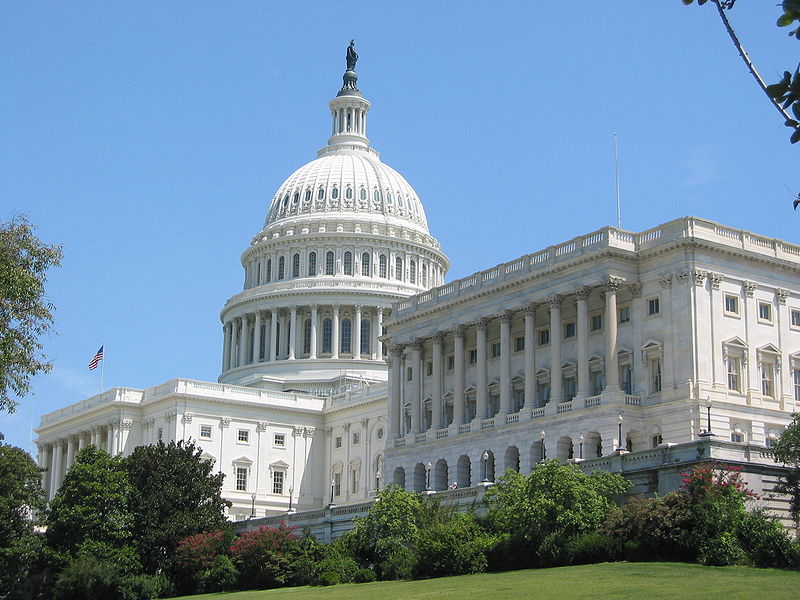And it is wonderful to see—we have Christmas Pageants with responsible college students working as stage director, making sure that the costumes stay on. We have Easter hunts, with young professionals stuffing eggs. And all throughout the year, recent graduates learn from young parents, how to juggle the challenges of careers and raising children. Men and women who are getting their first “real” job have a chance to talk to retiring people, and learn what they need to negotiate now, in order to be prepared for the future.
 In D.C., where so many people have been transplanted away from their friends and family, there is a chance for young adults to build a support system, an intergenerational network of people who will care for them, encourage them, and allow their gifts to flourish.
In D.C., where so many people have been transplanted away from their friends and family, there is a chance for young adults to build a support system, an intergenerational network of people who will care for them, encourage them, and allow their gifts to flourish.There are many who say that if the church wants to reach out to men and women in their 20s and 30s, then they need to start from scratch. They need to plant new, Gen X churches that are particularly marketed to a new generation. And while I applaud and encourage New Church Developments (NCDs), I also realize there is something else going on in our lovely downtown church. It is an intergenerational congregation, where legitimate power is being shared with younger members, where their voices matter around the table, and where the congregation is able to grapple with the real political and theological changes that have occurred in a highly evolving culture.
What’s going on at Western that attracts so many people in their 20s and 30s? Well, there are a lot of things, but I’ll highlight three of them.
The second thing is Campus Ministry. The church decided that they would organize their staffing so that a significant amount of time each week would be spent on Campus Ministry. This allows me to constantly think about the needs of the students on George Washington University Campus and stay engaged with campus life. This shift in focus and ministry has allowed our church to remain relevant, implementing new technologies, staying in tune with students’ struggles, and just keeping up with exam schedules.
Third is a basic shift to power sharing with a new generation. As the Head of Staff, John Wimberly, explains, “We develop leadership like an NCD instead of a historic church.” While historic congregations may make new members go through a drawn-out hazing process, so that people can prove their faithfulness and worth, we look for leadership in the new member class. We ordain college students, graduate students, and D.C. interns, even when we are not sure that they can make the three-year commitment, because we realize how much we need their insight, ideas, and vision.
In a time when Robert Wuthnow says that 6 million young adults are missing from our congregations, Western has learned that the Church is, indeed, Alive. Because of the selfless leadership and insight of an older generation who was open to change and younger leadership, we have learned to build an intergenerational church.
* * * *
 Carol Howard Merritt is a pastor at Western Presbyterian Church in Washington, DC. She’s the author of Tribal Church: Ministering to the Missing Generation and Reframing Hope: Vital Ministry in a New Generation (forthcoming). She co-hosts God Complex Radio with Bruce Reyes-Chow and blogs at TribalChurch.org.
Carol Howard Merritt is a pastor at Western Presbyterian Church in Washington, DC. She’s the author of Tribal Church: Ministering to the Missing Generation and Reframing Hope: Vital Ministry in a New Generation (forthcoming). She co-hosts God Complex Radio with Bruce Reyes-Chow and blogs at TribalChurch.org.
No comments:
Post a Comment